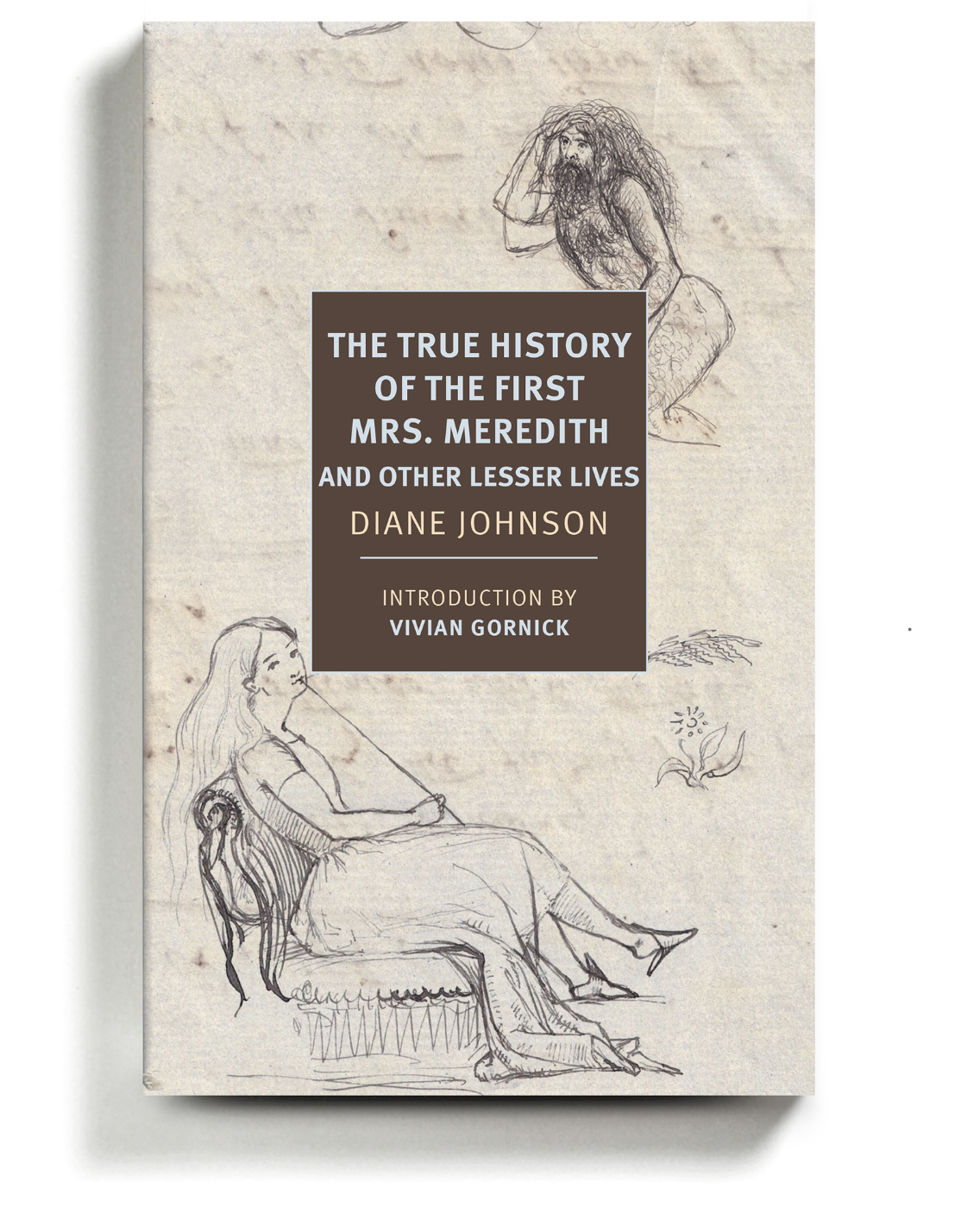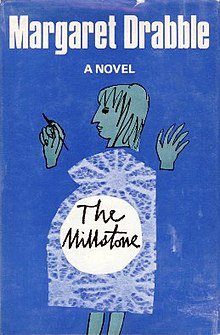202. Backlisted Christmas Special - A Christmas Carol by Charles Dickens
For this year’s Backlisted Christmas Special we are joined by the poet and novelist Clare Pollard and our producer Nicky Birch to discuss not just a book, but adaptations of a book – and there are hundreds to choose from – and all have contributed to making it perhaps the most famous Christmas story of them all: A Christmas Carol by Charles Dickens. Written in six weeks in 1843, it was a massive and immediate success, selling out its first run of 6,000 copies by Christmas Eve. It has been in print ever since and has come to define the festive period for millions of readers, listeners and viewers. We explore why and how this fable – terrifying in parts, warm and reassuring in others – has exerted such a hold on our collective imagination. We each pick a favourite version (you’ll have to listen to find out which) but also range over others from Richard Williams’ celebrated 1971 animation to those featuring Mister Magoo and Ebeneezer Blackadder. Plus Andy has compiled a special festive playlist for you to listen to over the mulled wine and marzipan fruits. There never was such an episode!
And finally, on this most special of days, we’d like thank you all for your support during the year and to wish you: A VERY MERRY CHRISTMAS!
Books mentioned
Charles Dickens - A Christmas Carol
Clare Pollard - Incarnation; The Modern Fairies; Fierce Bad Rabbits; Delphi
Chris Priestley - The Last of the Spirits
Other links
Mister Magoos Christmas Carol (1962)
A Christmas Carol (Richard Williams Productions, 1971)
Blackadder’s Christmas Carol
Scrooge The Musical with Albert Finney
Scrooged - The Movie
A Muppet Christmas Carol - stream via Disney; Apple TV
Andy’s festive playlist




















